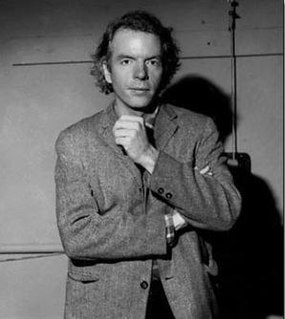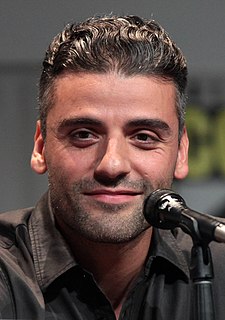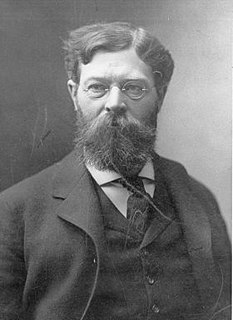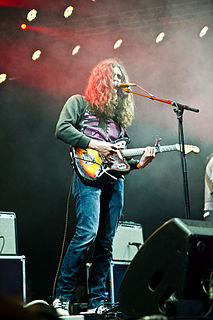A Quote by Greta Gerwig
Books and theater were the way I understood the world and also the way I organized my sense of morality, of how to live a good life.
Related Quotes
As a kid, I was a big reader. Books and theater were the way I understood the world, and also the way I organized my sense of morality, of how to live a good life. I would read all night. My mom would come into my room and tell me I had to go to sleep, so I would hide books under my bed. At first I had a tough time getting through novels, so I read plays, because a play is generally shorter and has all those tools for getting people hooked early on.
Knowing there is a world that will outlive you, there are people whose well-being depends on how you live your life, affects the way you live your life, whether or not you directly experience those effects. You want to be the kind of person who has the larger view, who takes other people's interests into account, who's dedicated to the principles that you can justify, like justice, knowledge, truth, beauty and morality.
What interest, zest, or excitement can there be in achieving the right way, unless we are enabled to feel that the wrong way is also a possible and a natural way, nay, more, a menacing and an imminent way? And what sense can there be in condemning ourselves for taking the wrong way, unless we need have done nothing of the sort, unless the right way was open to us as well? I cannot understand the willingness to act, no matter how we feel, without the belief that acts are really good and bad.
I think all writing is about writing. All writing is a way of going out and exploring the world, of examining the way we live, and therefore any words you put down on the page about life will, at some level, also be words about words. It's still amazing, though, how many poems can be read as being analogous to the act of writing a poem. "Go to hell, go into detail, go for the throat" is certainly about writing, but it's also hopefully about a way of living.
The world we live in is a world of mingled good and evil. Whether it is chiefly good or chiefly bad depends on how we take it. To look at the world in such a way as to emphasize the evil is the art of pessimism. To look at it in such a way as to bring out the good, and throw the evil into the background, is the art of optimism. The facts are the same in either case. It is simply a question of perspective and emphasis.
There were a few verses that I wrote literally on the spot. But the concept was there. It's about being in your own world musically and waking up in the morning and walking outside and being consumed by everything around you. Just being aware of the good things in art and music and life. It's also about how the world is at a boiling point, in a way.
Do yourself and your family a favor: Decide right now that you will write a self-help book someday. I'm serious. A self-help book is a great way to capture what you think makes a good person, a good life and a good world. It's also a "forever document" that you can pass down to future generations. We need more people sharing positive messages and books with the world. Why not be one of those people?
Our "life education" has not necessarily taught us a satisfying way to live. We suffer from a vague sense that there must be something more, some deeper meaning. We must return to kindergarten and start to learn a way of life that is contrary to the way we approached things before-a way of life based on trust of our own inner truth. We can rediscover the child-like innocence and wisdom that knows that anything is possible.



































